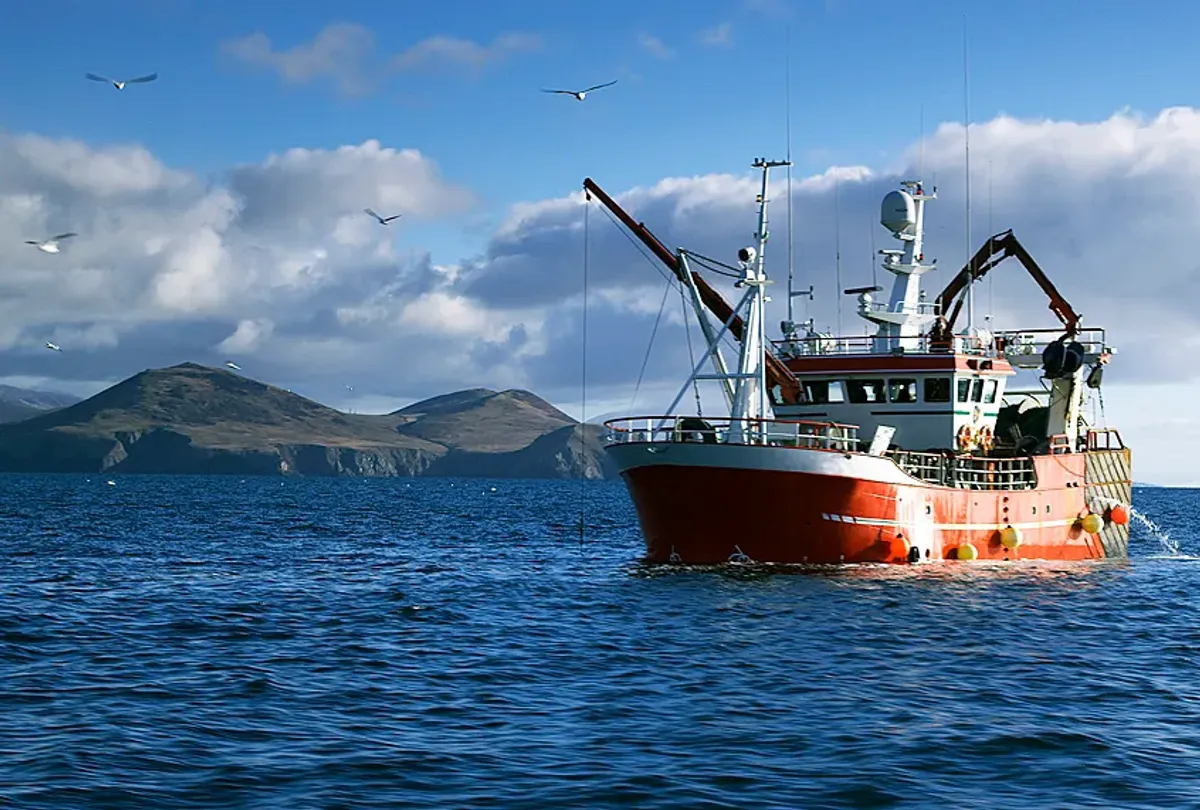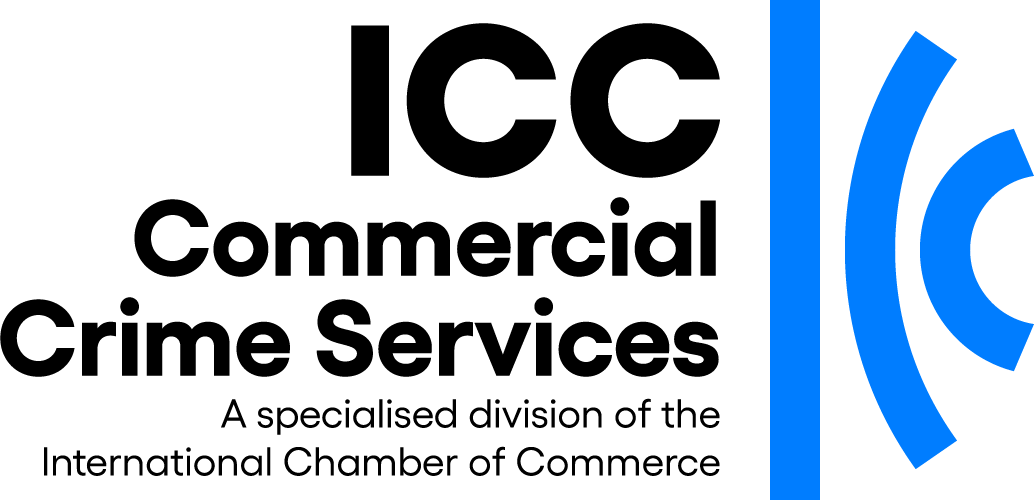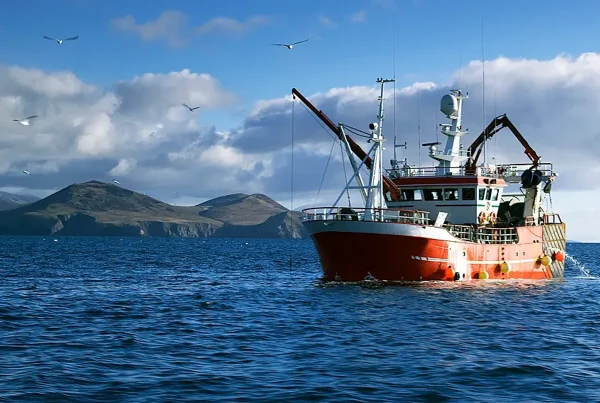
 The International Maritime Bureau (IMB) has joined other maritime organisations in expressing concern over the decision to compensate convicted Somali pirates.
The International Maritime Bureau (IMB) has joined other maritime organisations in expressing concern over the decision to compensate convicted Somali pirates.
 The International Maritime Bureau (IMB) has joined other maritime organisations in expressing concern over the decision to compensate convicted Somali pirates.
The International Maritime Bureau (IMB) has joined other maritime organisations in expressing concern over the decision to compensate convicted Somali pirates.
These criminals have been responsible for taking hostage thousands of seafarers, who were subjected to unprovoked violence and sometimes torture. Some seafarers have also been murdered while carrying out their lawful business on the high seas.
Earlier this month, the European Court of Human Rights (ECHR) ordered France to pay thousands of euros to Somali pirates who had attacked French ships in 2008. The pirates were captured by French military on the Somali coast after they hijacked two French yachts in separate attacks in 2008.
French authorities held one group for four days and the other group for six days and 16 hours before they were taken to France to stand trial.
The ECHR said the pirates should be paid compensation because they were not immediately brought before a French court but instead kept in custody for a further 48hrs after arriving in France. According to the judge this was a “violation of their rights to freedom and security”.
IMB said that, there were practical complexities when dealing with the crime of piracy that needed to be fully appreciated.
“There are practical difficulties with respect to the gathering of evidence and transporting of the alleged perpetrators when a crime is committed at sea, thousands of miles from where the court proceedings take place, compared to a crime committed ashore,” said an IMB spokesman.
The IMB added it was worried about the message that the ECHR’s decision might send out to other pirates and the implications it may have on shipping and seafarers’ safety. In light of this decision IMB states, “We hope this does not discourage the European navies from taking the required actions necessary to keep piracy suppressed along these vital international trade routes”.
A BBC report said one of the men is to be awarded €9,000 and the others sums of up to €7,000.
IMB had at the time of the attacks warned of the growing Somali piracy trend in which pirates operating from “mother ships often attacked vessels hundreds of nautical miles out to sea before taking them into Somali waters to demand ransoms.
The ECHR’s decision has been criticised by seafarers’ support group, Maritime Piracy Humanitarian Response Programme (MPHRP).
Roy Paul, programme director for MPHRP, said, “This decision would be unbelievable if it wasn’t made by the European Court of Human Rights. The claim that this constituted a ‘violation of their rights to freedom and security’ is an insult to the seafarers and yachtsmen they attacked as surely this is the true violation of the seafarers’ rights to freedom and security. These pirates, in my opinion, gave up any of their rights when they set sail to attack innocent seafarers who were simply doing their essential work”.
While the number of pirate attacks have dropped significantly in Somali waters, largely due to increased naval presence in the area, the threat is still present says IMB.
“There can be no room for complacency as it will take only one successful Somali hijacking for the business model to return. Masters are, therefore advised to maintain vigilance and adhere to the latest Best Management Practices recommendations,” the IMB advises.
Ships are advised to maintain strict anti-piracy watches and report all pirate attacks, both actual and attempted, and suspicious sightings to the IMB Piracy Reporting Centre in Kuala Lumpur, Malaysia. A live Piracy Map detailing all latest attacks can be viewed here.






